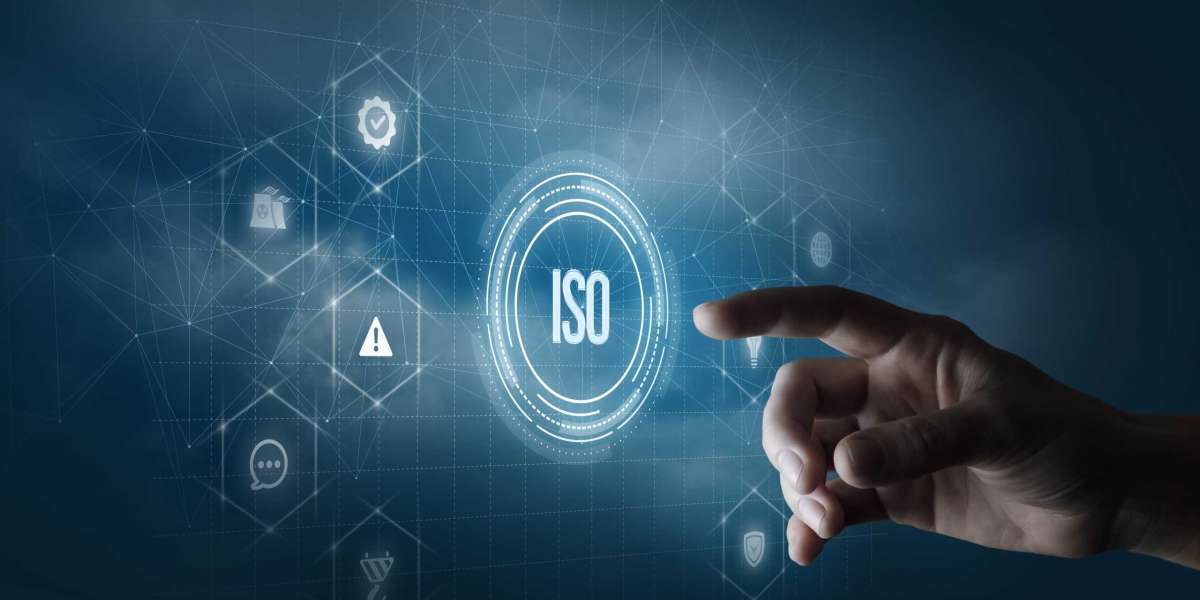I. Introduction
A. Overview of ISO 17025
ISO 17025 is an international standard that specifies the general requirements for the competence of testing and calibration laboratories. It ensures that laboratories operate efficiently and produce valid results, fostering confidence in their work. Compliance with ISO 17025 is crucial for laboratories that need accreditation to prove their technical competence and reliability.
B. Importance of Internal Audits
Internal audits are a fundamental requirement of ISO 17025. They help laboratories evaluate their compliance with the standard, identify areas for improvement, and prepare for external accreditation audits. Regular internal audits ensure the laboratory maintains high-quality standards and continuous improvement.
C. Purpose of Internal Auditor Training
Internal auditor training for ISO 17025 equips professionals with the knowledge and skills necessary to conduct effective audits within their laboratories. The training helps auditors understand auditing principles, identify nonconformities, and ensure compliance with the standard’s requirements.
II. Understanding ISO 17025 Requirements
A. Key Principles of ISO 17025
ISO 17025 is built on essential principles such as impartiality, confidentiality, and a process-based approach to quality management. Laboratories must demonstrate competence in testing and calibration, ensure proper documentation, and implement corrective actions when necessary.
B. Management and Technical Requirements
The standard includes management requirements related to quality control, documentation, and risk-based thinking. Technical requirements cover factors such as personnel competence, equipment calibration, test methods, and result validation.
C. Compliance and Continuous Improvement
Compliance with ISO 17025 is an ongoing process that requires continuous monitoring and improvement. Laboratories must implement corrective actions, update procedures, and adapt to changes in the standard to maintain accreditation.
III. Role of an Internal Auditor
A. Responsibilities of an Internal Auditor
Internal auditors play a crucial role in assessing laboratory processes and ensuring adherence to ISO 17025. Their responsibilities include planning and conducting audits, identifying nonconformities, and recommending corrective actions.
B. Skills and Competencies Required
A competent internal auditor must have strong analytical skills, attention to detail, knowledge of ISO 17025, and effective communication abilities. Understanding laboratory operations and quality management systems is essential for accurate assessments.
C. Ethical Considerations in Auditing
Internal auditors must conduct audits with integrity, objectivity, and professionalism. They should remain impartial, respect confidentiality, and provide unbiased reports to support laboratory improvement.
IV. Internal Auditor Training Programs
A. Structure of ISO 17025 Auditor Training
Internal auditor training typically includes theoretical sessions, practical exercises, and case studies. The training covers auditing techniques, documentation requirements, and compliance evaluation.
B. Key Topics Covered in Training
Training programs focus on key aspects such as:
Understanding ISO 17025 requirements
Audit planning and execution
Identifying and reporting nonconformities
Implementing corrective actions
Continuous improvement strategies
C. Certification and Accreditation
Upon completion of training, participants may receive certification as internal auditors. This certification enhances their credibility and helps laboratories demonstrate compliance with ISO 17025 during external audits.
V. Conducting an Internal Audit
A. Planning and Preparing for an Audit
Effective audits start with proper planning. Internal auditors must define objectives, establish audit criteria, and prepare checklists based on ISO 17025 requirements.
B. Executing the Audit Process
During the audit, auditors review laboratory processes, examine records, and interview personnel to assess compliance. They document findings and collect evidence to support their assessments.
C. Reporting and Follow-Up Actions
After the audit, auditors compile their findings into a report, highlighting nonconformities and areas for improvement. Laboratories must implement corrective actions and monitor progress to ensure compliance.
VI. Challenges in Internal Auditing
A. Common Audit Challenges
Some challenges include resistance to change, lack of resources, and inadequate training. Laboratories may struggle with implementing corrective actions or maintaining compliance due to operational constraints.
B. Overcoming Resistance to Audits
To ensure successful audits, organizations should foster a culture of quality and continuous improvement. Management support and employee involvement are critical in addressing audit findings.
C. Ensuring Audit Effectiveness
Effective audits require well-trained auditors, clear audit objectives, and systematic follow-up. Regular training and updates on ISO 17025 ensure auditors stay informed about best practices.
VII. Benefits of Internal Auditor Training
A. Improved Compliance and Quality
Training helps laboratories maintain compliance with ISO 17025, leading to higher-quality testing and calibration services. Well-trained auditors contribute to continuous improvement and risk mitigation.
B. Enhanced Operational Efficiency
Internal audits identify inefficiencies and help laboratories optimize processes. By addressing nonconformities proactively, laboratories can enhance productivity and reduce errors.
C. Better Preparation for External Audits
Internal audits prepare laboratories for external accreditation audits. Addressing issues beforehand increases the likelihood of successful accreditation and reduces the risk of major nonconformities.
VIII. Choosing the Right Training Program
A. Factors to Consider When Selecting a Training Program
When choosing an internal auditor training program, laboratories should consider factors such as course content, instructor expertise, and accreditation status. Online and in-person training options should be evaluated based on organizational needs.
B. Online vs. In-Person Training
Online training provides flexibility, while in-person training offers hands-on experience and direct interaction with instructors. The choice depends on the laboratory's resources and training objectives.
C. Cost and Time Investment
Training programs vary in cost and duration. Laboratories should balance their budget and time constraints while ensuring the program covers essential auditing principles and practical applications.
IX. Conclusion
A. Summary of Key Points
Internal auditor training for ISO 17025 is crucial for maintaining laboratory compliance and improving quality management. Effective audits identify areas for improvement and support continuous compliance with international standards.
B. Future Trends in ISO 17025 Auditing
Advancements in technology and automation are shaping the future of ISO 17025 auditing. Digital tools, remote audits, and data analytics are enhancing audit efficiency and effectiveness.
C. Final Recommendations
Laboratories should invest in comprehensive internal auditor training programs to strengthen their quality management systems. Continuous learning and adaptation to evolving standards will help laboratories maintain excellence in testing and calibration services.



